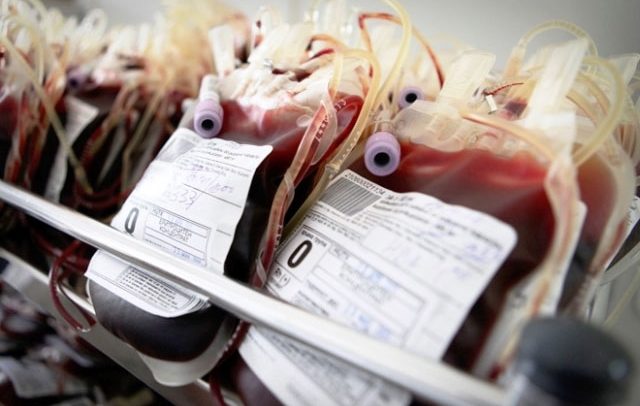A pint of blood
The family at the centre of the alleged contaminated blood from the Komfo Anokye Teaching Hospital (KATH) has raised concerns over the five-member committee’s investigation that gave a clean sheet to the blood obtained from the teaching hospital.
According to the family, the probe that cleared the hospital of claims that it allegedly gave out blood with HIV and syphilis to be administered to a patient in a private hospital was not transparent.
Evans Addo Kwabla, the son of the woman who was due to receive the alleged contaminated blood, said the family was “not part of the team who took the blood to Accra and were not involved in any investigation.”
Responding to the report by the committee, a family statement revealed that the “only instance was a time when he was invited by police with no agenda even upon several requests of what exactly the meeting was about on Thursday (6th December) and only to find out at police quarters that he was to meet a committee from Accra.”
Mr. Kwabla, thus, observed that “we do not associate with the results brought out by the committee.”
It would be recalled that in November last year, one Adolf Addo posted on social media that a contaminated blood from KATH had been issued to a patient of a private clinic.
Two different blood bags from the hospital were said to have tested positive for HIV and syphilis, according to Adolf Addo Kwabla.
When the blood was brought along on the day of the appointment, “they took the blood and said they were doing tests. We sat waiting and later a lady came and told us the blood we had was contaminated; both of them. One had HIV and other had syphilis,” Adolf Addo recounted.
But an independent private lab conducted by the committee showed that the product did not contain any HIV pathogen or effective organisms that could cause syphilis.
The test results are the second confirmation after a preliminary test in December 2018 also turned out negative.
Health Minister Kwaku Agyeman Manu has warned that any officials found culpable of any breaches would not be shielded.
“Those involved in the matter will be referred to their appropriate regulatory body. So, if it is a doctor, we will refer the matter to the Medical and Dental Council for the necessary disciplinary action. If it is a nurse, the Nurses & Midwives Council will probe her. If it someone in allied health, we will refer the matter to the Allied Health Council to work on it,” he said.
“There are rules and professional ethics in there. They shouldn’t have given the blood to the patient’s relative. Blood should be handled only by professional health workers and those who have been assigned to work on the blood. There are protocols which needed to be followed. All these things will come out when we issue the statement,” he added.
By Jamila Akweley Okertchiri


